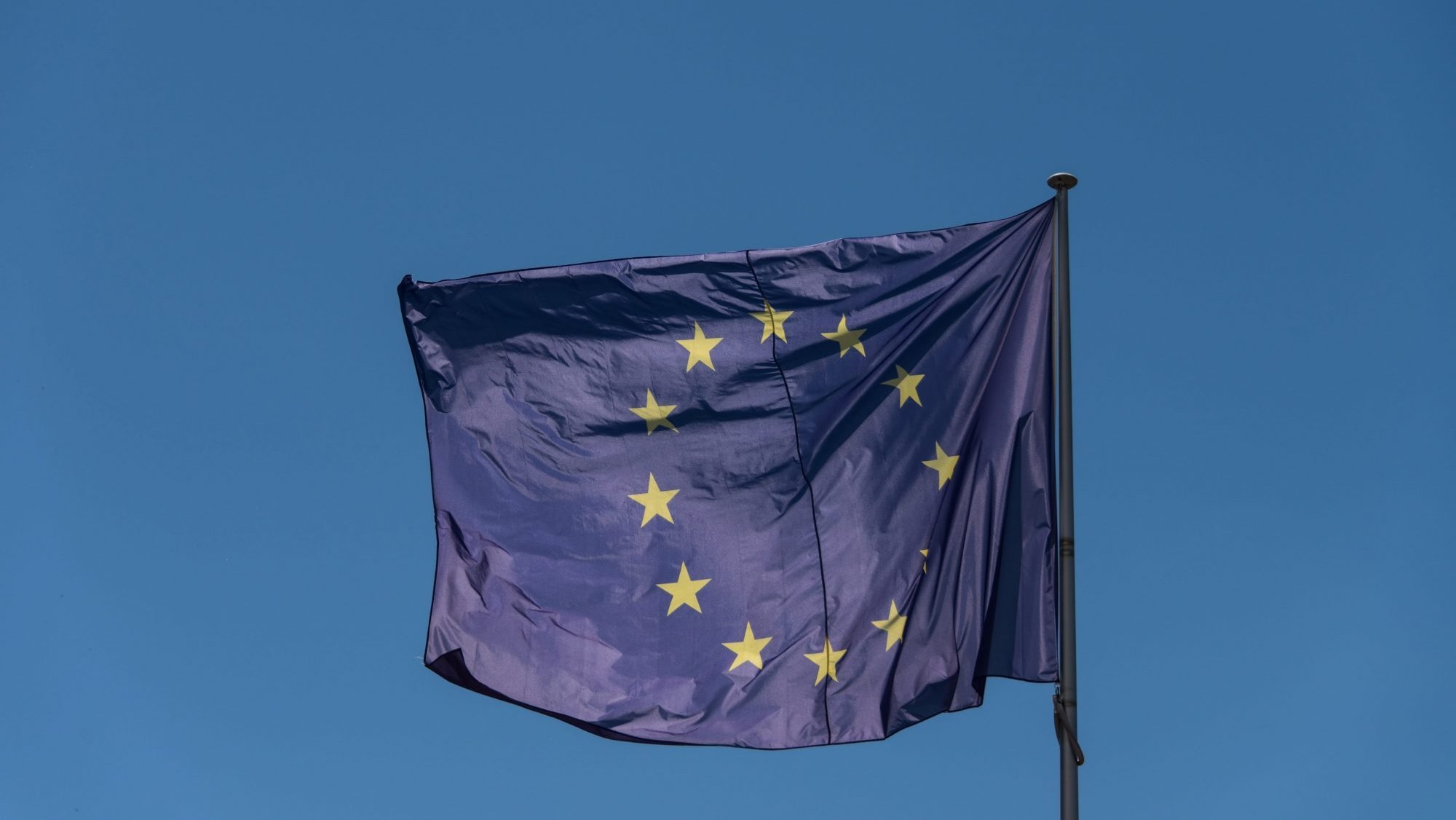This Monday, the European Union (EU) invited Serbia and Kosovo to negotiations in Brussels aimed at resolving their differences and in the midst of aggravation of tensions, as part of a dialogue aimed at the “normalization” of their relations.
“The EU invited its parties to meet in Brussels to discuss the way forward, find solutions and prevent tensions from resurfacing,” said Peter Stano, spokesman for Josep Borrell, at the European Commission press conference, the High Representative for Foreign Affairs of the Union. .
The invitation arose later or Kosovo was accepted “at the request of Borrell and at the request of the United States to add the measures” that prohibit the use of identification documents and license plates of cars served until September 1, and when it was scheduled to go to his Entry into force.
“New invitations were issued for them to come to Brussels to participate in the dialogue that the EU provides,” he said.
The community spokesman clarified that “all pending issues between Kosovo and Serbia must be addressed in the framework of the EU-facilitated dialogue”, noting that Borrell and Miroslav Lajcak, the EU’s special envoy for the Pristina-Belgrade dialogue, established “intense contacts” with Kosovo and Serbia, “with the aim of de-escalating tensions”, and with the EU’s political-legal mission on the ground (EULEX), NATO’s International Security Force for Kosovo (KFOR) and international partners, including the United States.
All parties must remain calm. Any uncoordinated unilateral action that endangers stability and security on the ground and impedes the free movement of citizens must end immediately,” the spokesperson continued.
In your official account at twitterBorrell indicated on Monday that Kosovo will postpone the veto on the use of Serbian documentation until September.
We welcome Kosovo’s decision to move the measures to 1 September. Expect all obstacles to be removed immediately.
Open issues must be addressed through the EU-facilitated Dialogue and focus on the comprehensive normalization of relations between Kosovo and Serbia, essential for their EU integration paths.— Josep Borrell Fontelles (@JosepBorrellF) July 31, 2022
High tensions between Kosovo and Serbia erupted on Sunday night, with roadblocks and border crossings, within hours of Pristina’s implementation of a ban on Serb documents and records in Kosovo, a move widely contested by Kosovo Serbs. .
The current nationalist government of Kosovo, a former province of Serbia with an Albanian majority and a Muslim religion that declared itself independent in 2008, announced this contested decision at the end of June, similar to the one that took place last September and already at the origin of a new crisis and the increase in security forces on the border.
Since 2011, Serbia and Kosovo promote negotiations for the normalization of relationsmediated by the EU, but without any tangible results so far.
The approximately 120,000 Orthodox Serbs in Kosovo, about a third concentrated in the north of the territory, do not recognize the authority of Pristina and remain identified with Belgrade, on which they depend economically.
Belgrade never recognized Kosovo’s secession in 2008, proclaimed after a bloody war that began with an armed Albanian rebellion in 1997 that left 13,000 dead and led to a NATO military intervention against Serbia in 1999, in the absence of the UN.
Since then, the region has recorded sporadic conflicts between the two main local communities.
The latest episode of tension occurred last September after Pristina’s decision to ban Serbian identification tags: two border posts were blocked for several days.
Independent Kosovo has been recognized by around 100 countries, including the US, which maintains strong influence under Kosovar leadership, and most EU member states, with the exception of Spain, Romania, Greece, Slovakia and Cyprus.
Serbia still considers Kosovo an integral part of its territory, and Belgrade benefits from the support of Russia and China, which like dozens of other countries (including India, Brazil or South Africa) have not recognized Kosovo’s independence either.
Source: Observadora
